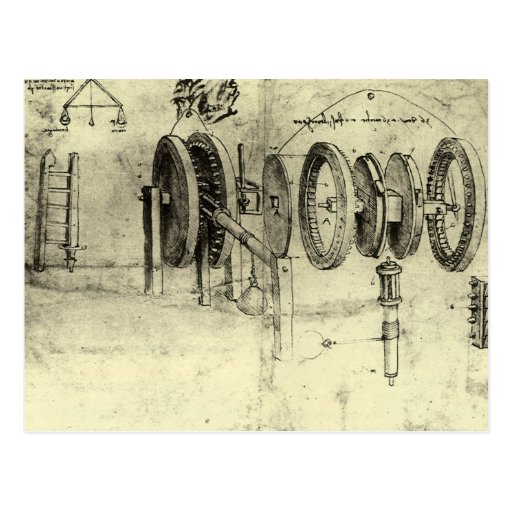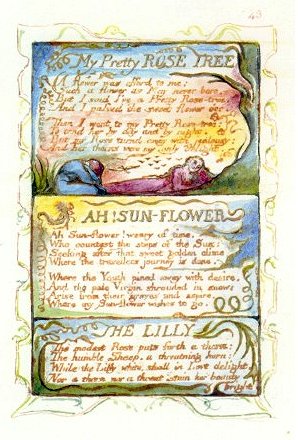What follows is a story written as a class assignment. The assignment instructions were to render Taniguchi's comic tale "A Blanket of Cherry Blossom" into prose. The images are a sample of Taniguchi's from the comic in question. The text, for what it's worth, is mine.
A Blanket of Cherry Blossom
Part
1
“La
Petite Voleuse”—lower-case letters in an upper left corner. The film is French and
therefore respectable, and my grip on the box is accordingly casual. Naked
flesh running the length of the right corners—shapely arms that extend the
length of shapely legs and shimmy delicate live-heels into indelicate high-heels.
The film is French and therefore risqué, and my grip on the box is accordingly
awkward. Bare limbs, bodiless limbs, flat limbs, fame limbs. Limbs printed on
boxes and slid across counters at video stores. “Your membership card please.” “Here.”
Rented limbs. This is how it begins, with rote interactions and VHS limbs. This
is not the tale of my grip on the box.
This is the tale of a blanket of
cherry blossom, but I shan’t let you know what that means yet. There must be suspense
before satisfaction; confusion must precede enlightenment; revelation hinges on
turning over new leaves. You don’t understand that yet, but you shall. For the
time being you must walk with me. Observe. Yes, here I am, a man leaving a
video-store. Indeterminate age, you are thinking, and unobjectionably dressed.
A perfectly appropriate and perfectly unremarkable addition to the city, you
are thinking, with its stopped cars and parked bicycles, its pram-pushing
mothers and window-gazing businessmen, its tidy shop-fronts and overdone
posters. Come. Walk. White slacks and a striped sweater, you are thinking, slick
hair and sizable spectacles. V-neck, you are thinking, no tie and noon shadows.
Where am I leading you? That is
what you most want to know. Who am I, and where am I leading you, and what has “La
Petite Voleuse” got to do with all this? Patience. We must walk first: walk through
the white midday light, pale on passing buildings; walk past the banners and
bustle of commerce and down the pylon-lined lanes of lodging; walk until our
shadows grow almost substantial as we are. We must walk slowly, leisurely, as casual
as a hand on a respectable film box. Walk. Walk. Keep walking. Now look up.
See! No, no, do not look at me…look
at her. I have brought you to the pay-off for all of your labors, for all of that
walking. Behold the cherry blossom! Observe her. She is a lone arboreal artwork,
framed by the suburban, by geometry, by residence, but outstripping her frame.
Oh magnificent cherry blossom! In the midst of the manufactured, she is a
vision of nature; in the midst of the angled, she is an eruption of the
organic; in the midst of the domestic, she is the smack of the wild. And here
at her feet—at my feet, at our feet—she spreads her blanket, her invitation,
her unpreventable loss. One thousand wan petals. Tread softly, softly, and as with
feet, so too with hands. Follow my lead: reach with fingertips foremost—gently,
gently—then drink in the trunk with the well of your palm. And after the trunk,
the petals: fingertips, palm. The blanket beckons; it asks to be lain on; I
must lie. I am cradled and cushioned and uplooking. This is contentment. This
is joy! Forget the grip on the box. See!
I have let the box go. The box is unimportant now. We have left the city behind;
there is now only you and me and the cherry blossom. Come, let us unfurl; let
us sprawl. Let us consider things from the perspective of blossoms.

Part
2
And then She shows up, a shadow-fronted presence in the precipitation of
petals. She is unexpected. I did not count on her entering my story—our story. I
could not have counted on it, for I do not know her; she is as foreign to me as
she is to you. And she is beautiful: skirt suit and a white blouse; heels like
those on my “petite voleuse”; eyes dark and large and rectangular; hair ebon, back-skimming,
loose.
“You’re in my place!” she tells
me. The petals rustle audibly as I abandon recumbence. She palms the tree-trunk—gently,
gently.
“I came…
…because I miss it.” She
palms the blanket blossoms, cups them in her hands, and lets them fall again.
Her back inclines toward the support of the trunk and she smiles as young children
smile. I am quite taken with her. I say nothing.
“I moved away…before it flowered.
I just wanted to see it one more time,” she tells me. We sit on the blanket.
Still I say nothing.
“The
Cherry tree grew here…
…long before I was born. It must be
very old.”
I do not know what to make of
her, with her beauty and her nostalgia. I study her face and say nothing, but she
shows no sign of minding or even of thinking my actions irregular. Airily she herself
unfurls, stretches supine, lies with her hair blackly cascading and her eyes shut
but still smiling.
“Ah!” she sighs, “I feel good here.”
I am charmed. I am smitten. I
watch her where she lies.
“When
I was a child…
…I’d often lie here…
…and fall asleep.”
Has she fallen asleep?
Come, let us consider her from the
perspective of blossoms.

Part
3
Of course, it is impossible to stay
in one place forever. We cannot remain eternally with Her on the blanket of cherry blossom, much as we may want to. We
must move on. We must move on to the residence beyond the blossom , to the strip-paneled
home where dinner steams preparative on a stove-top, and one’s sister,
short-haired and apron-togged, asks the practical questions that bring us
full-circle.
“And the video?” She stirs the tongs in
the pot, bowls at the ready. Ah, yes, the video.
“Ah!
I’ve left it.”
“Where?” An innocent question, but unwittingly
loaded. It hangs in the air—rich, unanswered, hovering indeterminate over
clouds of aperitive steam. I depart back out into the evening.
You and I both know where I have
left the video. It’s here, under the cherry tree in the twilight, the cover
covered over with petals. Lamps shine behind un-shuttered windows, but the light
cannot reach me here in my stoop by the tree. Everything here is in shadow. Every
inch where she lay, and now lies no longer, is in shadow. I retrieve “La Petite
Voleuse”; return it to my hand; restore my grip on the box. This is unimportant.
Forget about “La Petite Voleuse”; forget about my grip on the box. The box was
only ever an excuse to return to the blossoms.
Follow my lead: kneel reverently; extend your
arm the length of your leg; reach with fingertips foremost—gently, gently—and now
with the palm of your hand. She is gone. I press my hand into the cool where
her hair was. This is all that abides: my hand and a blanket of cherry blossom.










